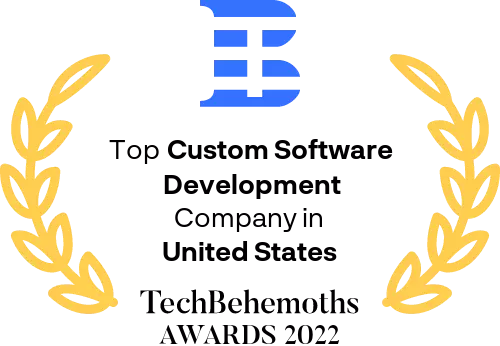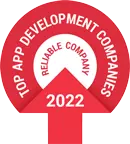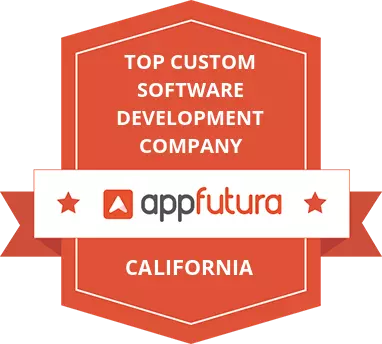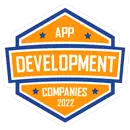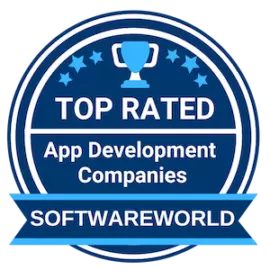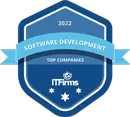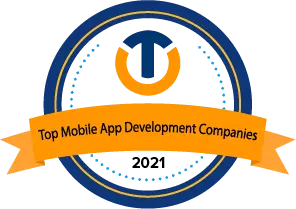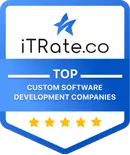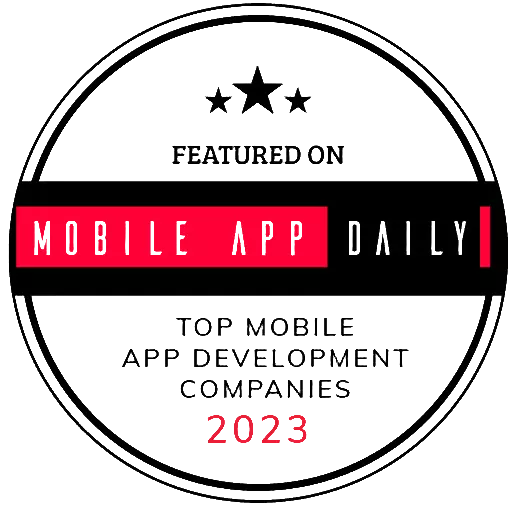Digitizing Ground Investigation Reports for Construction
Description
A software provider for the building industry turned to Altoros to develop a cloud-based system that would automate daily routine around ground investigation and facilitate construction projects delivery.
Brief results of the collaboration:
- The customer built the minimum viable product (MVP) of a cloud-native system that digitizes each stage of ground investigation in construction—from planning to risk analysis—contributing to data-driven decision-making and faster project delivery.
- The choice of the underlying cloud platform enables the company to scale its system on demand by at least 1,000x from the requested 1,000 active users.
- With the integrated geology registry, the organization facilitates ground investigation saving construction companies time on conducting unnecessary soil testing.
- The implemented optical character recognition (OCR) mechanism makes it possible to process documents with handwritten notes.
- Thanks to the Agile methodology, the customer was able to frequently deliver and improve features based on the feedback from investors and market analysis.
The customer
Ground investigation is conducted to determine soil properties, and how they will affect the construction. The process involves field workers gathering soil samples, laboratories testing them, and project managers analyzing the results. All these specialists contribute miscellaneous data to compile a comprehensive soil report, which can be up to 250 pages, shared with stakeholders, local authorities, etc. Being done manually, it leaves room for human error and prolongs delivery.
Recognizing the issue, the customer—a Norwegian provider of software for construction—saw an opportunity to digitize this time-consuming process, as well as enter the oil and gas, agriculture, seabed mining, and other industries.
The need
In 2021, the customer has completed another seed funding round. Comprising mostly experts in the construction business, the company needed to ramp up the necessary talent in development. Relying on expertise at Altoros as a Microsoft certified partner, the customer wanted to build a scalable MVP ready for showcasing to investors and pilot users.
The challenges
Under the project, the team at Altoros had to address the following issues:
- Since the system was to store and process sensitive data (construction location, research results, etc.), ensuring security was pivotal.
- To improve risk assessment and drive decision- making, it was important to display different types of soil (sandy, clay, etc.) on a digital map. Norway has an official geology registry with soil maps for certain regions, facilitating ground investigation. However, soil types in the registry have different formats (KML, JML, etc.) that are not supported by popular digital maps.
- Each laboratory utilized its own file format for test results (.pdf, .webp, etc.). Sometimes, there were scans with handwritten notes, too. To prevent errors, it was crucial to ensure that the system would be able to process all this semi- and unstructured data.
The solution
Stage 1. Developers at Altoros gathered and prioritized the requirements to build an MVP that would have 9 modules improving each stage of ground investigation. The modules helped to organize the process, make assignments, display site data on a map, manage risks, estimate costs, track onsite activities, as well as aggregate and analyze test results.
Since all the system modules were dynamic and feature-rich, front-end engineers at Altoros utilized the modular architecture for unparalleled performance. The developers also optimized server requests, reducing page loading times to just 2 seconds. Due to the ongoing market analysis by the customer and feedback from investors, the team at Altoros abided by the Agile methodology to satisfy changing requirements and deliver in frequent iterations.
With Microsoft Azure underneath, the team ensured high availability and scalability—the MVP handles 1,000+ active users simultaneously with a possibility to further scale by at least 1,000x.
Stage 2. One of the efforts to enforce security was implementing Identity Server to ensure role-based access to sensitive data. The developers also enabled secure authentication with the OpenID Connect and OAuth 2.0 protocols.
Stage 3. The engineers converted disparate data formats of soil types to GeoJSON and integrated Google Maps to visualize soil layers available via the geology registry. The team also made it possible to highlight risk zones, plan routes to locations, etc.
Stage 4. The developers created editable PDF templates for laboratories and configured Azure Blob Storage to keep the test results. The engineers then implemented OCR-driven Simplifai DocumentBot to parse semi-/unstructured data from the PDFs and store it in Microsoft SQL Server.
Stage 5. To automate daily operations, the team built continuous integration/delivery pipelines with Azure DevOps. The QA engineers performed unit tests.
2 sec
page loading time
9
modules developed
1,000+
active users at a time
The outcome
Partnering with Altoros, the customer built a cloud-native system that digitizes each stage of ground investigation in construction, promoting data-driven decision-making and facilitating delivery. With the chosen stack, the company can scale on demand by 1,000x in comparison to the initially requested load of 1,000 active users. Thanks to the Agile methodology, the organization was able to frequently deliver and improve features based on the feedback from investors and market analysis.
Platform
Microsoft Azure
Programming languages
C#, TypeScript
Frameworks and tools
ASP.NET Core, Azure Blob Storage, SignalR, Identity Server, OpenID Connect, OAuth 2.0, Angular, RxJs, Tailwind, Simplifai DocumentBot, Bootstrap
Databases
Microsoft SQL Server, Azure Blob Storage
Seeking a solution like this?
Contact us and get a quote within 24 hours



